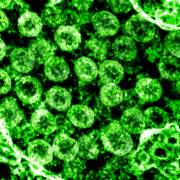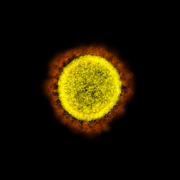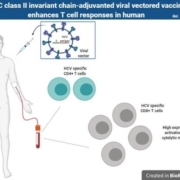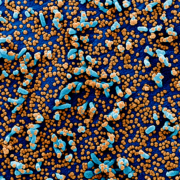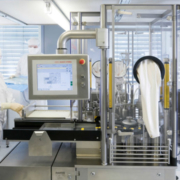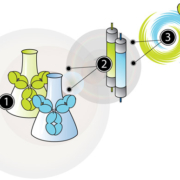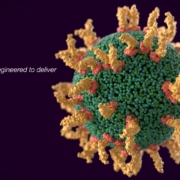Data from the UK’s RECOVERY trial demonstrate there was no clinical benefit from use of lopinavir-ritonavir in hospitalised COVID-19 patients.
ADVERTISEMENT
Under the Coronavirus Global Response Framework, the European Commission is allocating further €4.9bn to assure access to COVID-19 countermeasures for poor countries.
BioGeneration Ventures has closed its fourth VC fund for European start-ups (BGV IV) at €105m.
OneProjects Ltd, an Irish-German cardiac imaging specialist, has closed an €11m Series A financing led by Amsterdam-headquartered life sciences investor LSP.
Illumina has opened its first accelerator outside the US in Cambridge to fund genomics start-ups. Meanwhile, Epidarex Capital has raised £102m for UK biotechs.
Researchers from Italy, Denmark and the UK have devised a new vaccination strategy to tackle hepatitis C and boosting the required strong T cell response.
A clinical trial has identified the first immuno-modulatory drug to significantly reduce COVID-19 mortality in ventilated patients.
In the race aimed at securing access to COVID-19 vaccines, Germany has acquired a minority stake in the local mRNA vaccine producer Curevac AG.
AbbVie is partnering with Genmab A/S to commercialise up to seven new antibody formats.
Evox Therapeutics Ltd has licenced its exosome-based RNAi/antisense RNA delivery technology to Eli Lilly to target selected neurological diseases.


